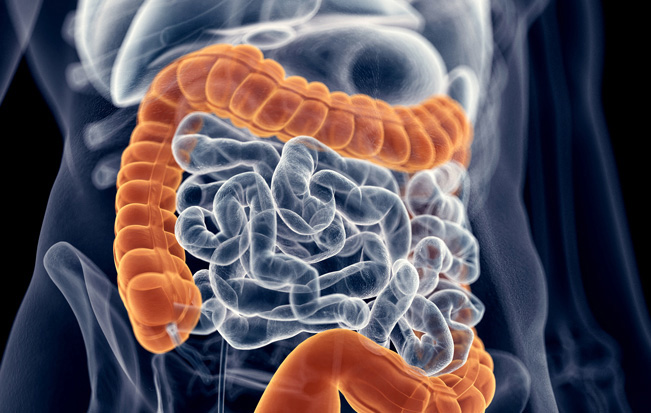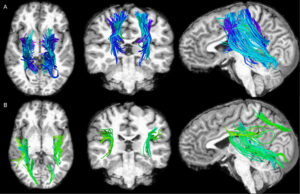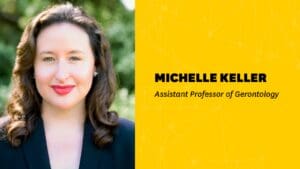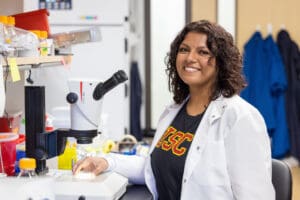PBS Next Avenue featured a partnership between the USC Leonard Davis School of Gerontology and L.A.’s Kingsley Manor, in which students live in the retirement community alongside older residents and provide support to their neighbors.
Fox News Los Angeles affiliate KTTV-TV interviewed Paul Irving of the USC Leonard Davis School about jobs and aging.
Healthline featured research by Valter Longo of the USC Leonard Davis School about the health benefits of a fasting-mimicking diet and its possible relief of irritable bowel disease. By reducing caloric intake and carefully monitoring what foods were consumed, Longo and his team found the amount of stem cells increased in the gut, a sign of regeneration, and reversed inflammation in the colon. The story also cited prior research by Longo linking the diet to other health benefits.
Newsday reported on research by Jennifer Ailshire of the USC Leonard Davis School on how much sleep Americans get.
Women’s Health (Australia) and Body and Soul (Australia) featured research by Valter Longo of the USC Leonard Davis School about the health benefits of a fasting-mimicking diet and its possible relief of irritable bowel disease. By reducing caloric intake and carefully monitoring what foods were consumed, Longo and his team found the number of stem cells increased in the gut, a sign of regeneration, and reversed inflammation in the colon. Europa Press, Het Laatste Nieuws (Belgium) and Volkskrant (The Netherlands) also featured the study’s results.
Bustle mentioned research by Caleb Finch of the USC Leonard Davis School and Jiu-Chiuan Chen of the Keck Medicine of USC linking pollution exposure to dementia in older women.
Next Avenue featured research and comments by USC Leonard Davis School Research Assistant Professor Anna Rahman on how Yelp ratings for nursing homes and ratings from the government-run Nursing Home Compare website don’t correlate well.
New Scientist featured research by Valter Longo of the USC Leonard Davis School about the health benefits of a fasting-mimicking diet and its possible relief of irritable bowel disease. By reducing caloric intake and carefully monitoring what foods were consumed, Longo and his team found the amount of stem cells increased in the gut, a sign of regeneration, and reversed inflammation in the colon. Daily Mail (UK), MindBodyGreen, KPFA-FM and Agencia EFE also featured the study’s results.







